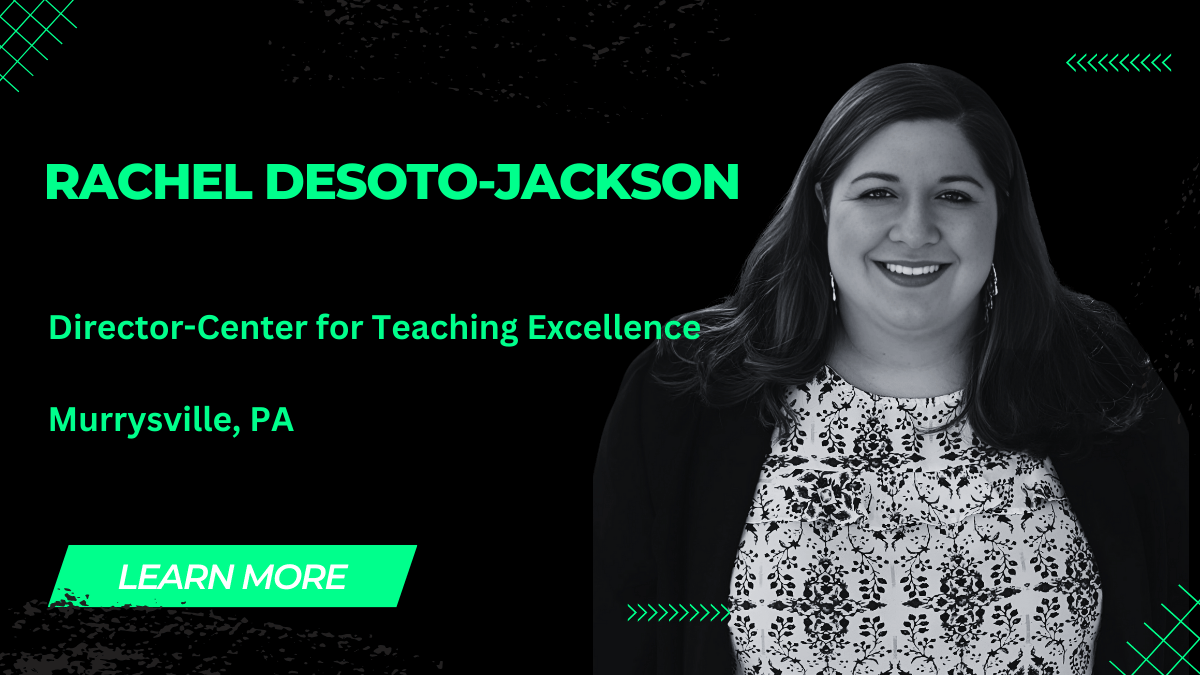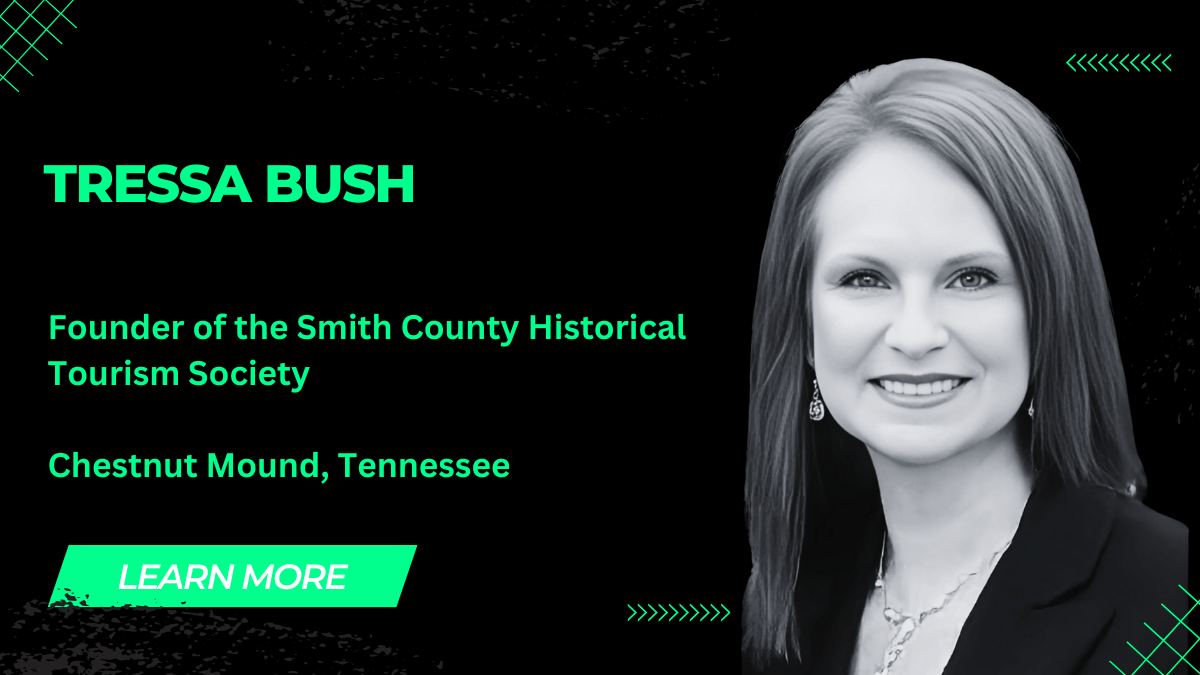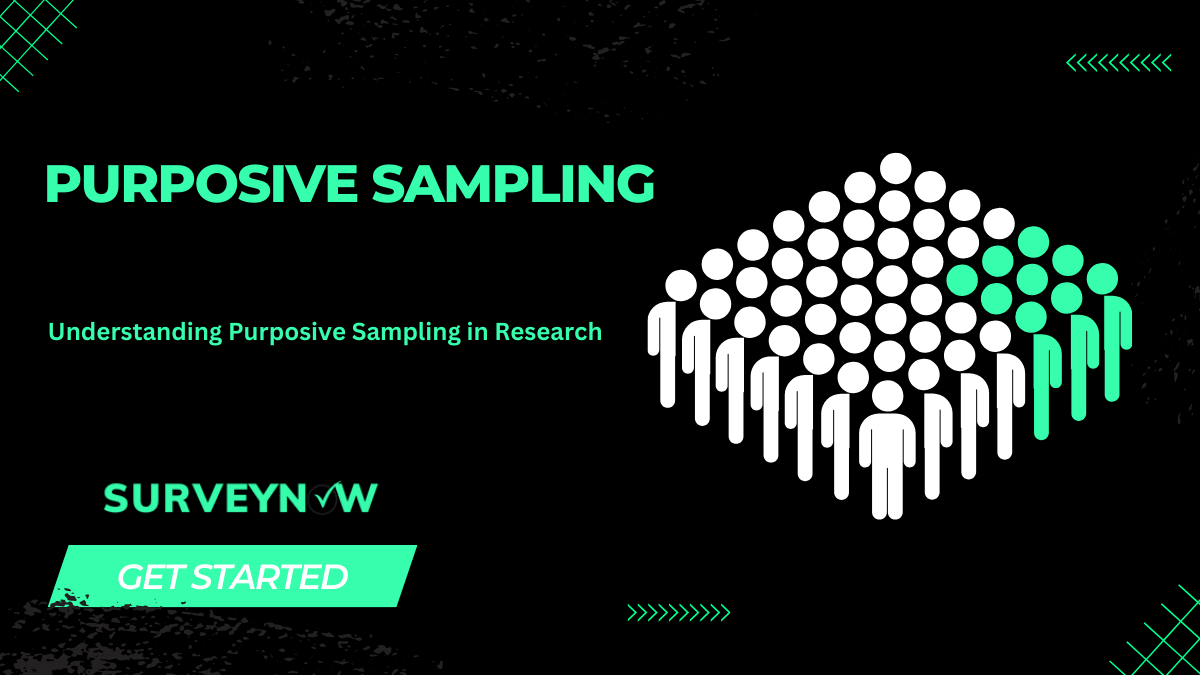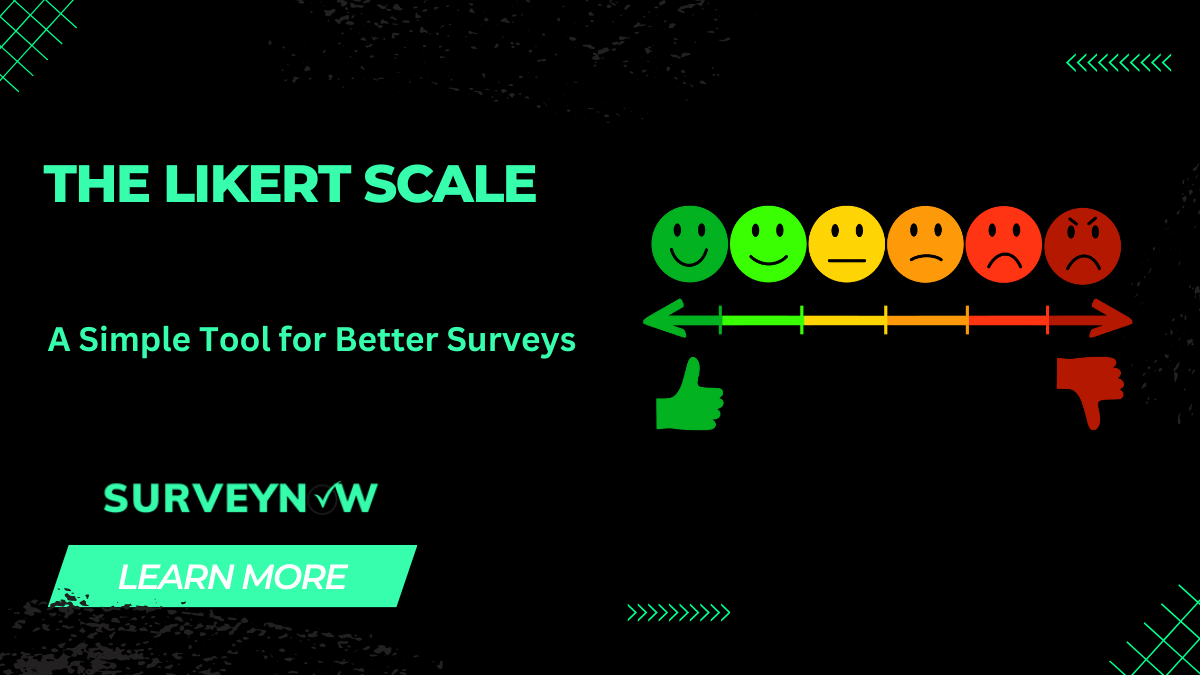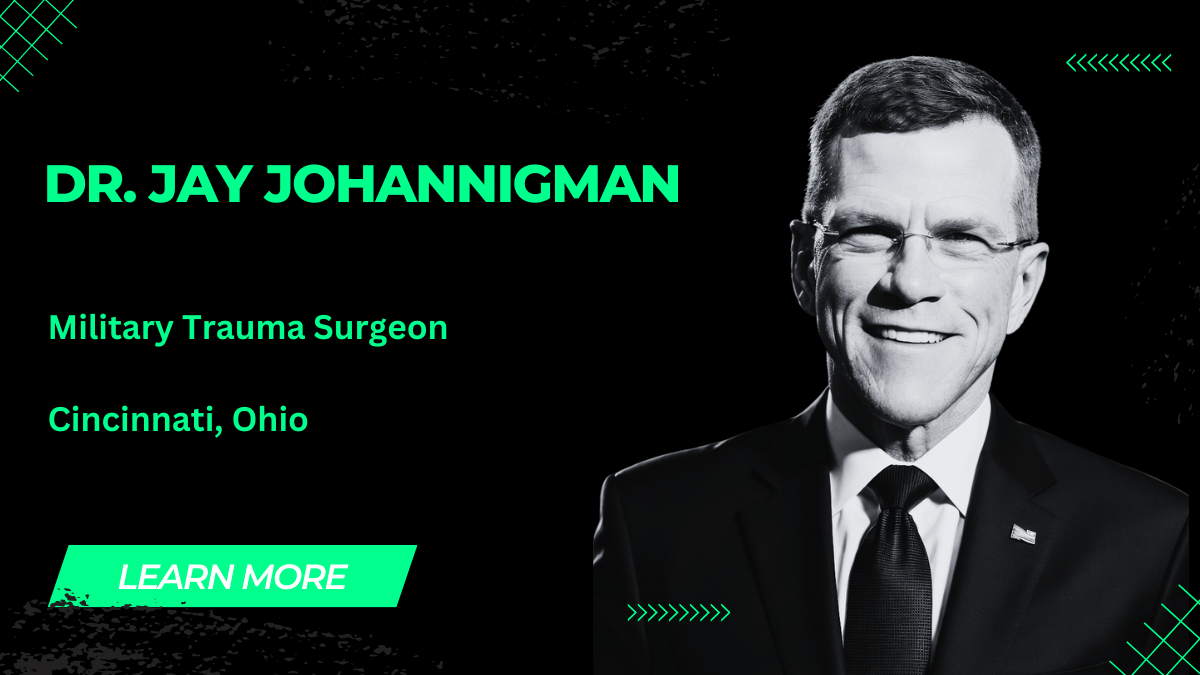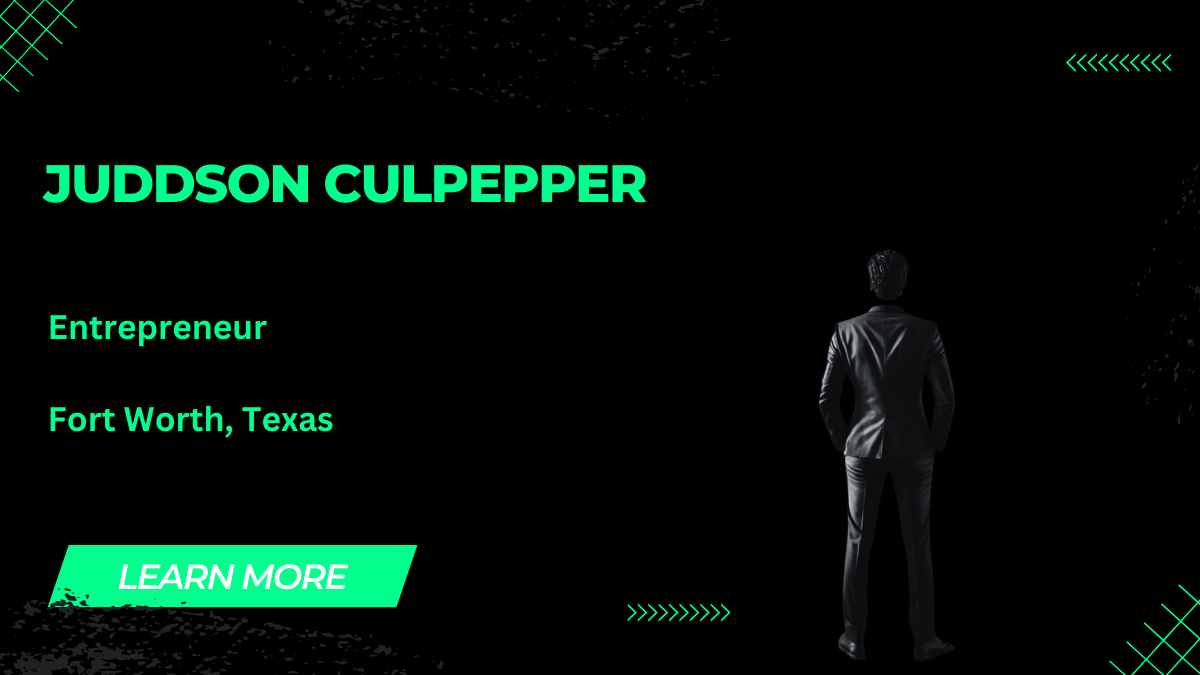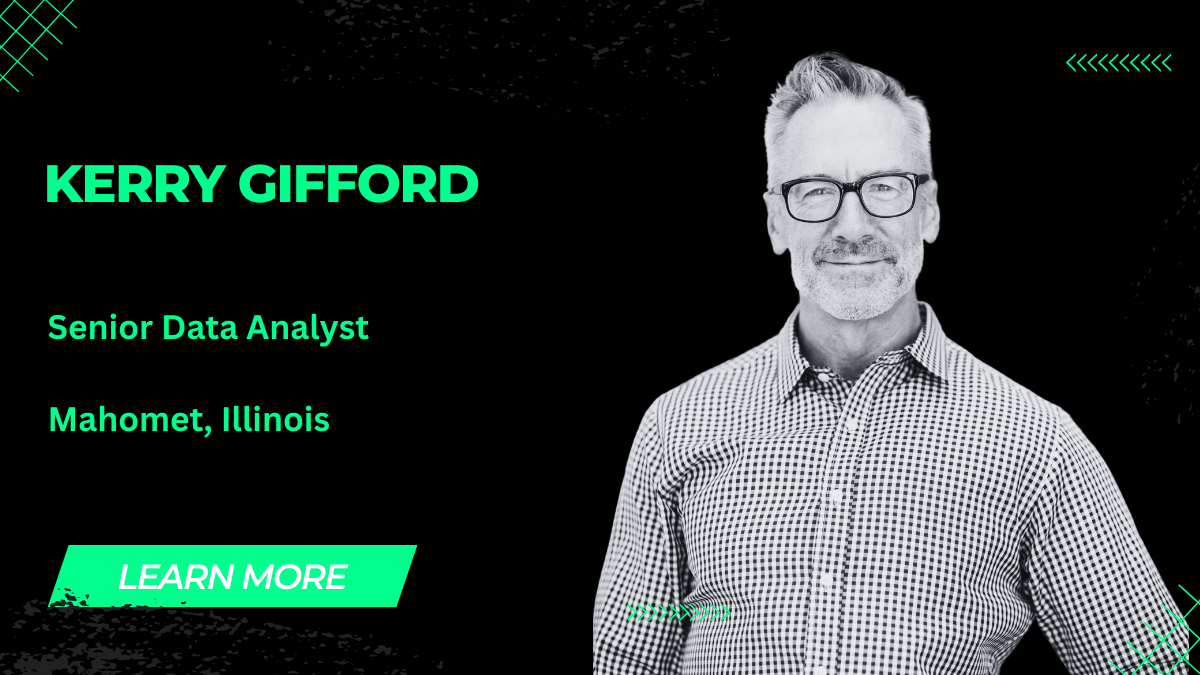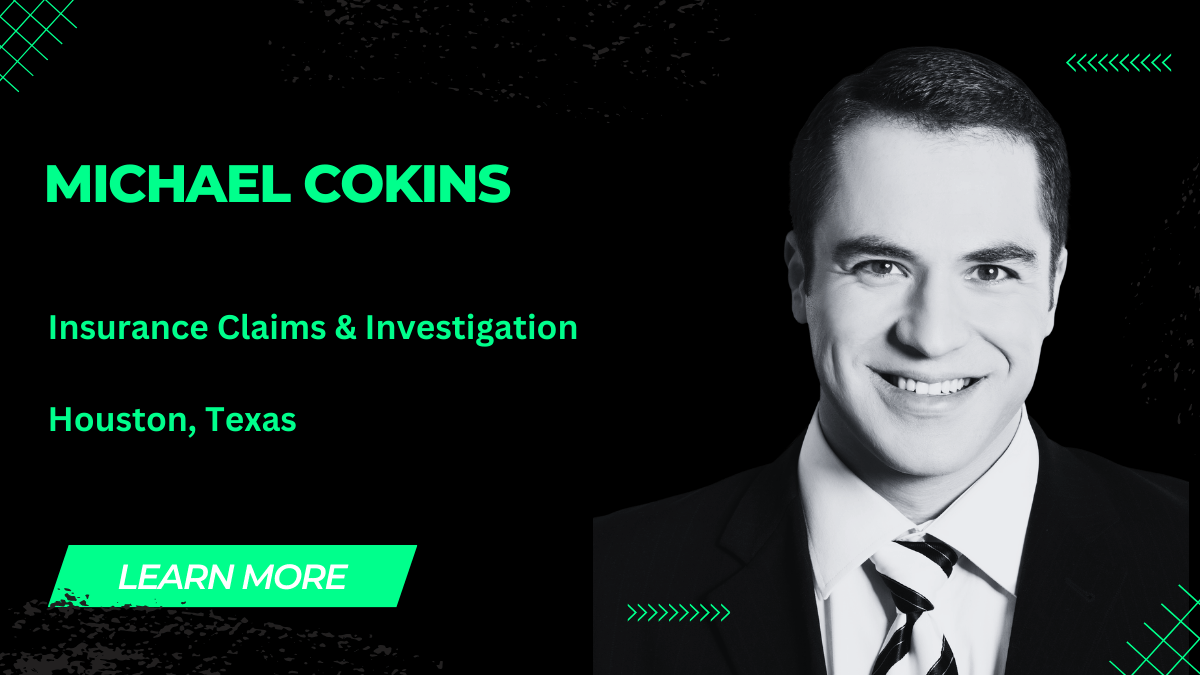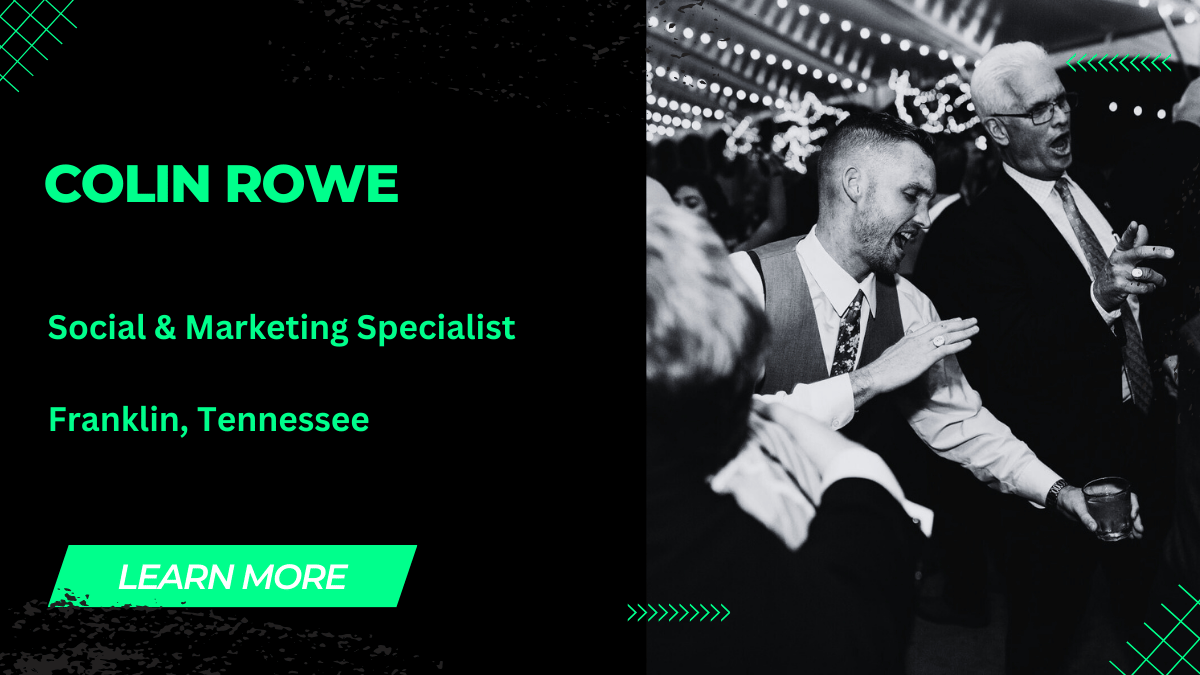Rachel DeSoto-Jackson believes in the power of education to create meaningful change. She has dedicated her career to making learning spaces more inclusive, helping...
Tressa Bush is an award-winning journalist, writer, and editor from Chestnut Mound, Tennessee. She is also the founder of the Smith County Historical Tourism...
Purposive sampling is a common technique in research. It helps researchers select participants who fit specific criteria. Unlike random sampling, purposive sampling focuses on...
Surveys are a great way to collect feedback. But asking the right questions is just as important as getting responses. The Likert scale is...
Dr. Jay Johannigman has built a remarkable career spanning four decades. His contributions have shaped trauma care and advanced aeromedical transport from military to...
Juddson Culpepper, the owner of Forza Resources in Fort Worth, Texas, has an inspiring journey shaped by a deep love for the land and...
Kerry Gifford, from Mahomet, Illinois, has had an incredible career journey, and it’s anything but ordinary. Growing up, he was a cross-country runner at...
Meet Dr. Anas Shargawi, an industrial engineer in Wichita, Kansas, known for his innovative approach and focus on improving how things work. He earned...
SurveyNow recently sat down with Michael Cokins, a Houston native who has built an impressive career in the insurance industry, starting as a claims...
Colin Rowe, currently the Chief Marketing Officer at Arthron INC., a medical supply company in Franklin, Tennessee, has quickly become a notable figure in...

